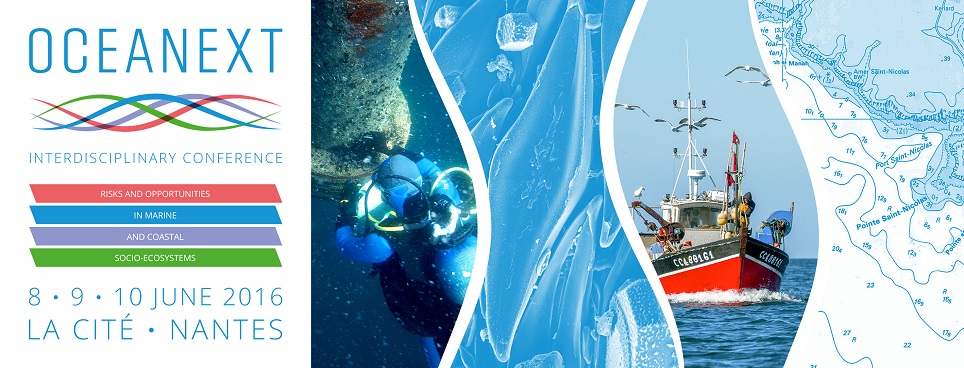Limiting or even preventing access to a fishery resource is one of the greatest threats for the professional group of fishermen. The closing down of fisheries and limitation of fishing boat trips since the 1980s and 1990s have impacted on employment charts with demographic troughs still existing today. Indeed, the profession would still suffers from a lack of attractiveness generating difficulties to recruit seamen, to embark or to have a career in this trade. Employment and recruitment in this lagging labour market face an additional obstacle created by government action for the preservation of fish stocks.
Thus, one of the social transformations under study in this context is the introduction of a more relevant heritage-based regulation, when so far, state and corporate designed regulations alone organised access to the profession, career evolutions including installation. Beyond certifications, access to resources – fishing vessels and their equipment, licenses and quotas set on precedents – is what organises and shapes the profession today. In this new negotiated organisation, the autochthony capital would provide a significant input. In other words, the presentation will analyse tensions between protection and opening, European policy and local actions and their effects on the professional group of fishermen. It will present the hypothesis of the introduction of heritage-based regulation in combination with local government plans.

 PDF version
PDF version
